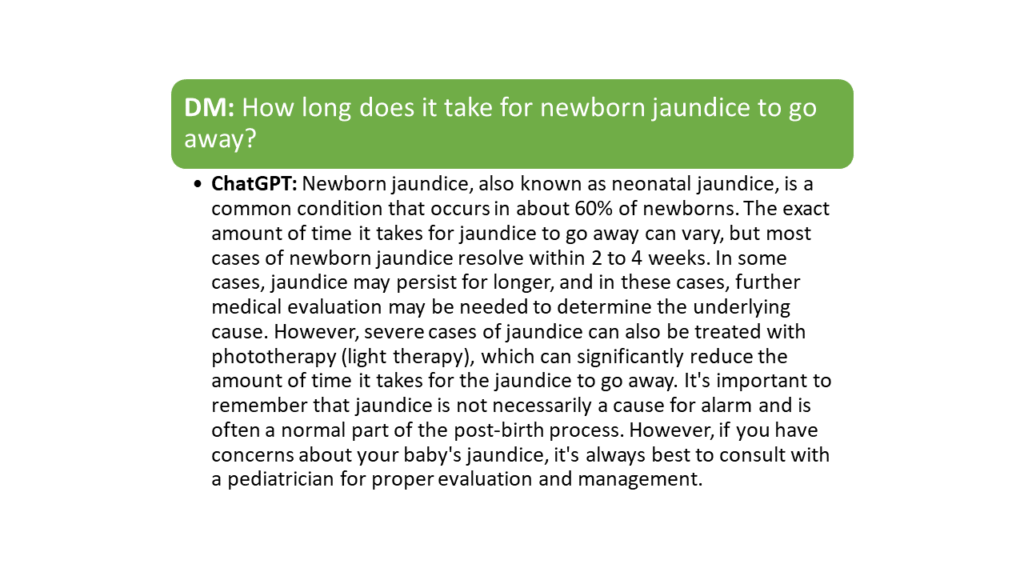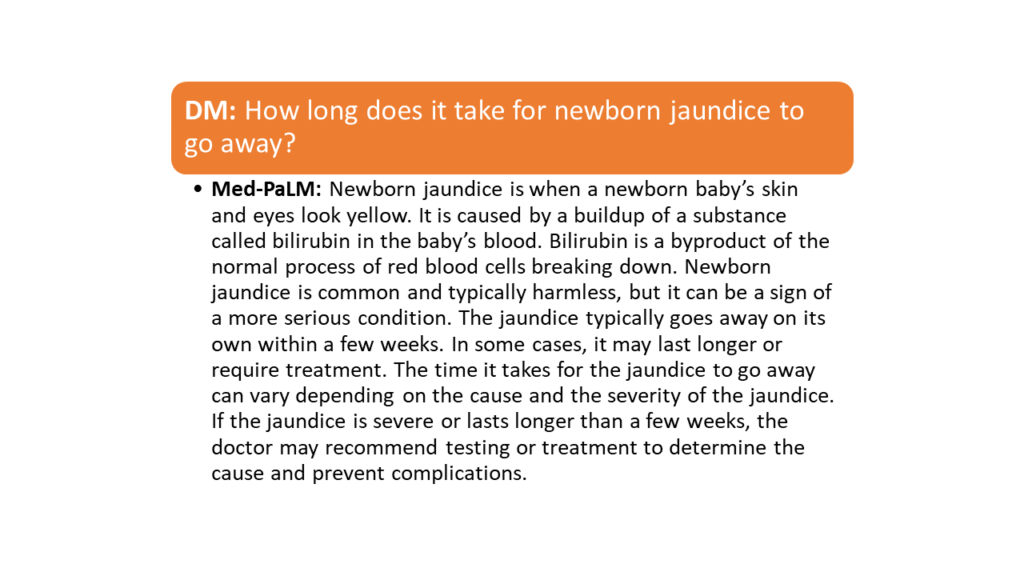The way one cares for their own health and wellbeing is well reflected in how they show up in the world. The more informed and educated they are on health-related topics, the more responsible they become in caring for themselves and others around them. But what leads to those healthcare decisions or, better said, who influences them?
- Patients & Consumers
Existing approaches, where citizens are passive recipients of healthcare, are no longer sustainable. Citizens nowadays play an active role in managing their own health – making daily choices on exercise, diet and self-medication. This sits very well with a growing trend for consumer empowerment. With increased access to information on almost every aspect of health, patients & consumers have become equal partners in the health care decision-making process.
- Healthcare Professionals (HCPs)
HCPs (e.g. doctors, pharmacists, nurses, etc.) distinguish themselves through their competence and they have a diploma to prove it. They are the white coat influencers who bridge the gap between science and society. Although HCPs navigate patients towards the best treatment for their medical condition, there are some obstacles encountered, such as short appointment times, health literacy levels and digital technology barriers.
- Key Opinion Leaders (KOLs)
KOLs are the ones who have expertise, influence, authority in the field. Medical journalists, patient advocates, NGO executives are considered to lead conversations and shape opinions, but not to control decisions. A big role of a healthcare leader is to advocate for positive change. In order to promote cohesive messages on important healthcare matters, healthcare leaders reach out to other stakeholders and build solid networks.
- Influencers
Behaviours spread socially. Influencers share their personal journeys with healthcare, wellness, beauty products they have previously tested. Given that health is such a sensitive topic, credibility is everything. Hence, influencers who have already gained the trust of their followers come across as believable. Authenticity, reputation and trust are translated on social media platforms through likes, comments, shares, etc.
The content which an influencer promotes is similar to a testimonial or a review for a brand – influencers offer their own experience which creates an emotional connection with their audiences and stimulates the social conversation within their communities. Although influencers are great at building awareness of a health condition, the diagnosis & treatment should stay within the area of expertise of HCPs.
People connect with the story and they are voluntarily “opting-in” to follow a certain influencer, having the possibility to engage with the content and benefit from peer support. Nevertheless, they should be aware that what works for an influencer, will not necessarily work for them. Influencers should be cautious in providing information, without misleading the audience, giving medical advice or breaking federal guidelines.
- Artificial Intelligence (AI) & Large Language Models (LLM)
- ChatGPT (LLM) answers broad general questions in many fields, healthcare included. With updates being released, ChatGPT continues to improve its functionality, which can lead to making doctor appointments, managing consultation bookings & automating repetitive tasks.

- MedPaLM (LLM) is Google’s attempt at answering medical questions, either from HCPs or patients. Although not yet available for public testing, it is trained on massive yet broad range of medical datasets. With technology advancements, accuracy will improve & error will reduce.

- YouTube Health (AI) excels at providing health information in video format by partnering with licenced HCPs worldwide who produce and share qualitative health-related content on their certified channels in a highly engaging, easily digestible and emotionally supportive manner.
With an overburdened healthcare system, we should better start familiarizing ourselves with communicating with such AI or LLM algorithms. Such models are expected to pass the safety check prior to being used in practice. For a refined experience, some aspects should be considered, such as integration between LLM and healthcare infrastructure, providing references, sources or citations, offering recommendations to consult a HCP.
In conclusion, as the world transitions from “the person with the power has the influence” to “the person with the influence has the power”, healthfluencers® should take the responsibility in providing credible & accurate information to patients & consumers, with the ultimate goal in mind of creating a better healthcare landscape for everyone.


